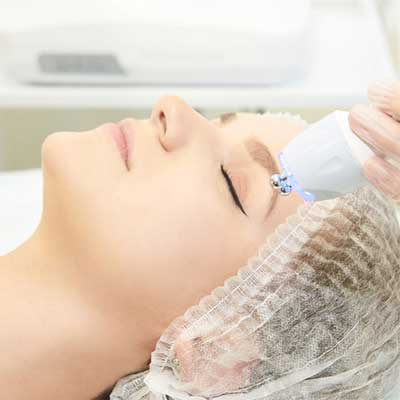Skincare and Pregnancy-What’s best?
Shivani Patel, Priti Patel MD
When you find out you’re expecting, there are bound to be many changes. And those changes might include your skincare products, too! Having to change your trusted skincare routine can come as a shock, but keeping a special eye on all your skin products during these months is for a good reason: certain ingredients can be absorbed into your body, and therefore, potentially your baby’s body, too! That’s why it’s important to find a balance between maintaining your mama-to-be glow and keeping your little one safe!
Skin Changes During Pregnancy
What changes might you see in your skin during your pregnancy? You may experience dry skin. When you become pregnant, your body produces more hormones, which causes an increase in pigmentation (a condition called melasma). These hormones can also cause your oil glands to secrete more oil, causing breakouts and acne. Therefore, it’s important to find out what a healthy pregnancy skin care routine looks like for you. “Unfortunately, because there are no scientific studies to help guide what is safe and what’s not, we put together a conservative list of what we think is best!”, says Dr. Priti Patel a board certified Plastic & Reconstructive Surgeon.
What Should I Avoid?
While most commonly used products are safe, there are a handful of ingredients experts say it’s best to avoid. Vitamin A related skin care, once absorbed through skin, is converted to retinol by your body. Retinoids are one of the skin-care ingredients to potentially avoid during pregnancy due to potential (but not totally proven when applied topically). Studies have also shown that a high dose of salicylic acid– such as peels and oral medications- should best be avoided. Hydroquinone is a prescription product to lighten skin or reduce skin pigmentation that occurs from melasma. However, the body can absorb some amounts of hydroquinone, so it’s best to avoid exposure during pregnancy.
We think it’s best to avoid microneedling treatments, microdermabrasion treatments, and deeper chemical peels during pregnancy because of the potential increase in pigmentation due to hormonal shifts. Once the baby is born we will be happy to get you back to that cool even skin!
What are Some Safe Alternatives?
If you’re prone to dry skin, it’s important to drink plenty of water. In addition, moisturizing products containing coconut oil, cocoa butter, peptides, and hyaluronic acid are recommended to improve hydration. It is important to maintain your skincare routine, including cleansers with ceramides, a toner such as rosewater, a hydrating moisturizer, and sunscreen ( mineral-based sunscreens are recommended).
You can also reward your skin with a facial! Dermaplaning treatments as well as extractions for acne are safe during pregnancy as well. There are plenty of ways to maintain smooth, stunning skin during pregnancy.
It’s important to understand that most skin care products are topical, meaning that they won’t have much of an impact as very little to none of the product is likely to be absorbed. However, based on what evidence-based data we currently have, it’s best to avoid all products that can cause potential harm. With these tips in mind, you’re on your way to healthy, glowing skin during your pregnancy! Don’t worry mama, we will be ready for you to start a different regimen 9 months later when that amazing baby has entered this world.




